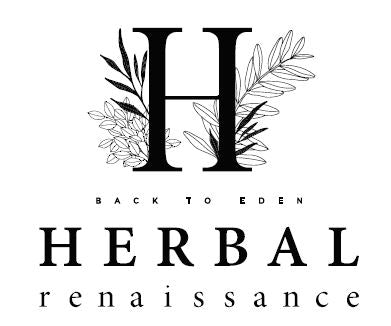
One of the most accessible ways to make herbal medicine is thru water based extraction methods. This includes teas, infusions, and decoctions. Teas are made with leafy plant material while decoctions are made with roots. Infusions are long steep teas which can be made either with leaf or root.
Teas:
We make teas with leafy herbs because they are more delicate and therefore require less time and heat for the medicine to be extracted. To make a tea bring water to a boil and pour over leaf; let steep for at least 5-10 minutes. The general proportions are 1 Tbs of leaf to 8 oz of water. Add more herb for a stronger tea. Most leaves have essential oils so it is best to cover whatever vessel you are using while the tea steeps.
Decoctions:
Decoctions are used for making teas from roots. Roots are denser and hardier and so require more energy and time to extract the medicine. To make a decoction place roots in a saucepan and bring to a boil, then simmer for 15-30 minutes. A general place to start is 1 Tbs to 16 oz of water, but play around, the more root & the longer you steep the stronger the decoction. Decoctions are also great for mushrooms, and can be used as part of your soup broths!
Infusions:
The benefits of infusions, or long steep teas and or decoctions, is a stronger extraction due to a greater length of time. To make an infusion simply from leaves, place herbs in a jar (1 Tbs to 8 oz of water) and pour boiling water over the herbs. Cover with a lid and allow to steep for 6-8 hours, or overnight. To make an infusion with roots, make a decoction and after 30 minutes remove the decoction from heat, pour into a jar, cover & allow to sit for 6-8 hours. If you want to make an infusion with roots and leaf matter, make a decoction and then pour it over the leaf matter, cover and allow to sit for 6-8 hours. Mineral rich & nourishing herbs make great infusions, for example nettles (the water will turn almost black), oats, and red clover to name a few.

